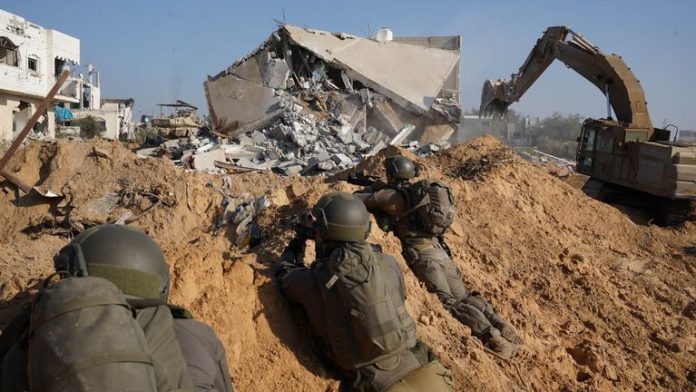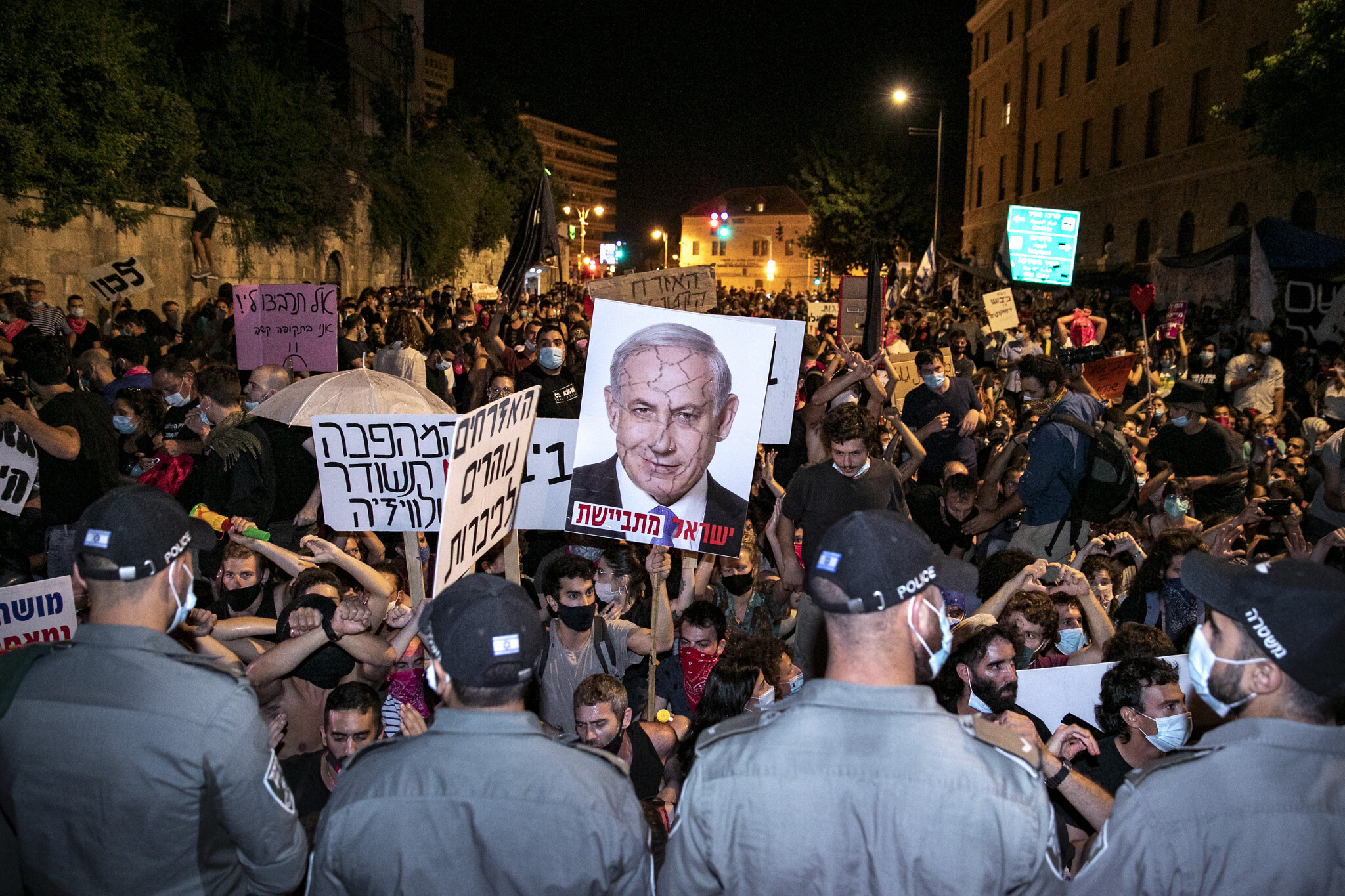The recent actions of the Israeli government, particularly under its Prime Minister, are raising alarms about the growing tensions in Lebanon.
There may be personal agendas at play, especially in trying to weaken Hezbollah. However, even if Israel manages to inflict serious damage on Hezbollah’s military strength, the motivation for resistance will remain strong, and Hezbollah is likely to bounce back.
Questions About a Bigger Conflict
The U.S. media is asking whether Israel can really engage in a full-blown battle with Hezbollah, especially while it is still dealing with Hamas in Gaza. The situation has been tense for nearly a year.
This week, Israel decided to increase its attacks on Lebanon, and some analysts think this could be a way to push Hezbollah into agreeing to a diplomatic solution before any major conflict begins.
CNN argues that this plan is not only flawed but also risky. It seems Israel wants to show its weary ally, the United States, that it is also looking for peace while applying pressure on Hezbollah.
The Risks of Military Engagement
The challenges Israel faces are becoming clearer, especially regarding the strain on its soldiers. Launching a full attack against a well-trained and motivated Hezbollah could lead to severe consequences. Experts warn that the outcomes could be much worse than what Israel is experiencing in Gaza.
Hezbollah’s military strength is noteworthy. Supported by Iran and its allies, the group has improved its weapons and now possesses a substantial arsenal, including many rockets and advanced missiles.
Strain on Military Resources
The Israeli military is described as a “small government with a small military force,” and it is under increasing strain. To prepare for potential conflict with Hezbollah, Israel has had to move resources from its fight in Gaza to its northern border with Lebanon.
This is a significant shift for Prime Minister Netanyahu, who is facing pressure to ensure peace for residents in the northern territories.
Managing a fight on both the Gaza and Lebanon fronts simultaneously is no easy task. Some experts, like Yoel Gazansky, suggest that the ongoing war in Gaza has made the military vulnerable and less equipped for another conflict.
Economic Downturn and Public Reaction
The economic impact of the war in Gaza adds another headache for Israel. Many businesses are suffering due to troop mobilization, and the economy has faced a steep decline. Some estimates suggest that war expenses could hit 67 billion dollars by 2025, which would severely affect Israel’s economic stability.
International criticism of Israel’s actions, particularly concerning civilian treatment in Gaza, is increasing. Public sentiment in Israel is also shifting, with many people expressing dissatisfaction toward the ongoing military efforts.
Recent polls show a division among Israelis, with a considerable portion calling for diplomatic talks with Hezbollah instead of continued military action.
Growing Discontent and Protests
With rising tensions, reports indicate that more Israelis are showing their discontent, leading to protests against Prime Minister Netanyahu.
If Israel continues its current path, further military actions might provoke even more resentment and backlash, both within its own borders and in the broader region.
History teaches us that military campaigns, even if they seem successful at first, can create long-lasting animosity. Drawing from NATO’s past experiences in Afghanistan, CNN highlights the potential backlash Israel could face from younger generations in Hezbollah who may seek revenge.
In conclusion, Israel’s current strategy towards Lebanon is fraught with risks. If they take substantial military actions, it could worsen an already volatile situation, deepening the roots of resistance and ultimately undermining the goals that Israeli leaders claim to pursue.















